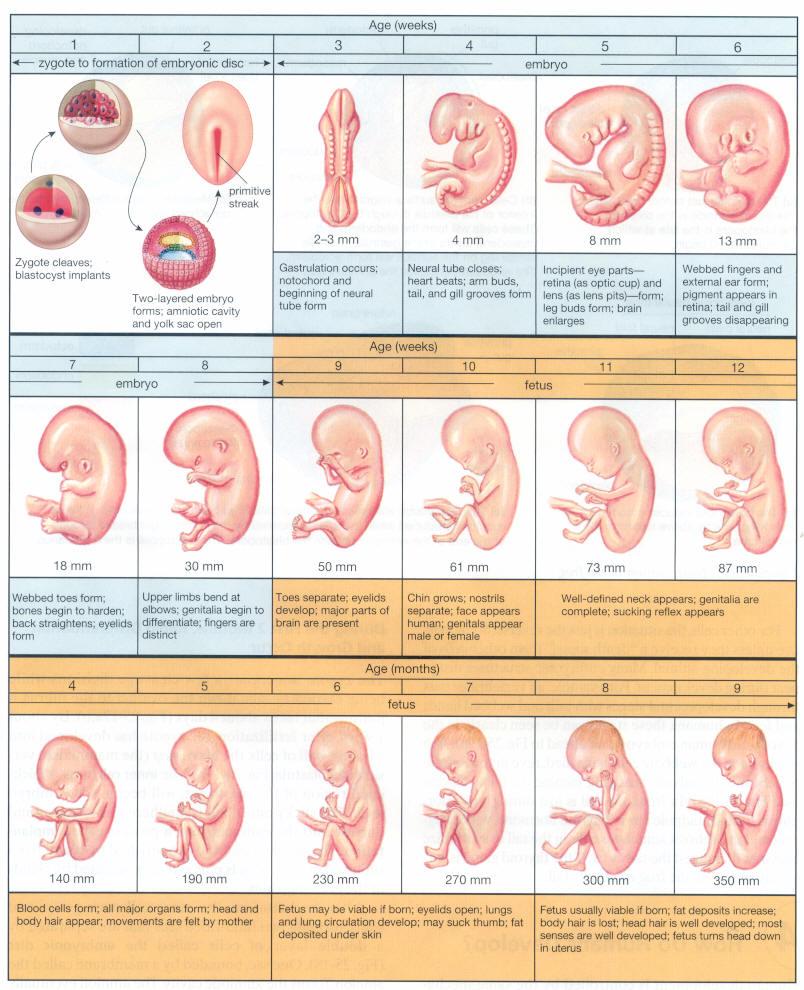Abortion is still one of the most divisive and ethically complicated problems of our day. On both sides of the discussion, the issue provokes powerful emotions and strongly held convictions. Abortion rights supporters argue for a woman’s autonomy and reproductive freedom, whilst opponents highlight the sanctity of life and the moral need to protect the unborn.
Abortion has been practiced throughout human history, with diverse cultural, religious, and legal viewpoints. Abortions were commonly practiced and tolerated in ancient times, but subsequent religious teachings opposed the practice. Advances in medical technology and shifting societal norms spurred a shift in attitudes regarding reproductive rights in the mid-twentieth century. The historic case of Roe v. Wade, decided by the United States Supreme Court in 1973, established the constitutional right to abortion in the United States. This decision laid the groundwork for the current argument and sparked a global discussion on the subject.

Abortion rights supporters say that women have a basic right to govern their bodies and make decisions about their reproductive health. They claim that government meddling in these personal decisions violates individual autonomy and limits women’s access to critical healthcare treatments.
They state that legalising abortion assures the availability of safe and regulated treatments, hence safeguarding women’s health and lives. They argue that outlawing or regulating abortions does not eradicate the practice, but rather drives it underground, placing women at danger of hazardous operations and medical consequences.
They also emphasise the need of taking economic and social aspects into account. They contend that unplanned pregnancies disproportionately affect underprivileged people and impede socioeconomic advancement. Women can be empowered to seek education, jobs, and economic security if they have access to safe and legal abortions.
Opponents of abortion rights, on the other hand, highlight the sanctity of human life, arguing that a fetus has intrinsic rights and requires protection from conception. They claim that terminating a pregnancy is the same as killing an innocent life, regardless of developmental stage.
Additionally, many people reject abortion because of moral or religious convictions, seeing it as a betrayal of their ideals and values. Since they believe that life is a sacred gift, they claim that having an abortion goes against their strongly held beliefs.
Adoption is promoted by some opponents as a substitute for abortion in cases of unintended pregnancies. They believe that offering pregnant women thorough support networks and facilitating adoption procedures can be effective alternatives to ending pregnancies.
The fight for and against abortion rights holds significant societal implications, influencing public health, gender equality, family dynamics, and the overall fabric of society. The availability and accessibility of safe abortion services impact women’s physical and mental well-being, as well as their ability to make choices about their bodies, futures, and reproductive lives. Societies that restrict abortion often face higher rates of unsafe procedures and subsequent health risks for women.
The question of abortion rights also touches on more general issues of gender equality and women’s empowerment. Women’s access to educational opportunities, career advancement, and financial independence are all impacted by their capacity to make informed reproductive decisions. Women’s equality and achieving gender equity are both considered as dependent on having access to safe and legal abortion services.
The debate over abortion rights continues to be a deeply divisive and emotionally charged issue. Advocates on both sides passionately argue their positions, drawing upon fundamental principles, ethical considerations, and social concerns to support their stance. The fight for abortion rights centres around the concepts of reproductive autonomy, women’s rights, health, and socioeconomic factors. Proponents argue that women should have the freedom to make decisions about their own bodies and that restricting access to abortion endangers women’s lives and well-being.
On the other hand, opponents of abortion rights emphasise the sanctity of life and the moral responsibility to protect the unborn. They argue that life begins at conception and that terminating a pregnancy is tantamount to taking an innocent life. Moral and religious beliefs often underpin their opposition, leading them to view abortion as morally wrong and contrary to their deeply held values.
Beyond only affecting a person, the abortion question has ramifications for society as a whole. Public health outcomes are correlated with accessibility to safe and legal abortion services. When access to abortion is restricted, people may use risky practices, which raises the rates of maternal death and morbidity. Legalising abortion enables that women may receive medical attention from qualified specialists in a controlled setting, lowering the risks connected with risky operations.
Moreover, the fight for abortion rights intersects with broader discussions on gender equality. The ability to control reproductive choices is essential for women’s empowerment and equal participation in society. By allowing women to make decisions about their bodies and reproductive health, society recognises their autonomy and promotes gender equity. Restrictions on abortion can perpetuate gender inequalities, limiting women’s educational and professional opportunities and hindering their socioeconomic advancement.
It is essential to approach the abortion discussion with empathy, comprehension, and a desire to have a candid conversation. Society can try to establish common ground and work toward all-encompassing reproductive healthcare solutions by understanding the complexity of the problem and accepting different viewpoints. This involves promoting access to contraception, giving thorough sex education, and offering assistance and resources to those dealing with unforeseen pregnancies.
Fundamental issues of personal autonomy, the sanctity of life, and society values are at the center of both the arguments in favour of and against abortion rights. The discussion involves moral, legal, ethical, and social issues that call for deliberation that is informed and sensitive. Even though reaching agreement might be difficult, promoting a society that respects the rights, choices, and well-being of each individual engaged requires an open, respectful exchange of ideas.
SOURCES
- https://abortion.procon.org/
- https://amp.theguardian.com/commentisfree/2021/dec/10/arguments-abortion-us-controlling-women-anti-abortionists-women-rights-over-bodies
- https://www.ncbi.nlm.nih.gov/pmc/articles/PMC8554498/
- https://www.bbc.co.uk/bitesize/guides/zhbqf4j/revision/4
- https://pressbooks.pub/phronesis/chapter/common-arguments-about-abortion/




